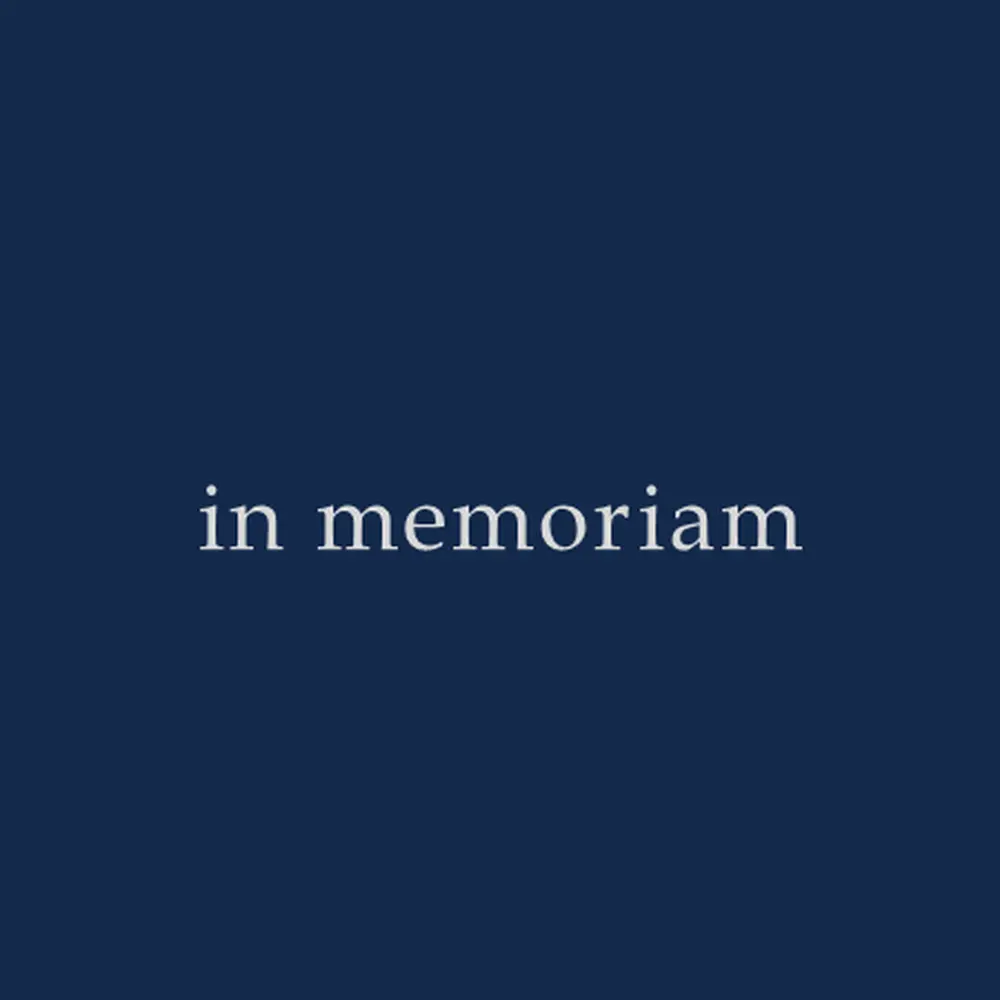
Edward O. Stejskal died Friday, December 2, 2011, 48 days shy of his 80th birthday. He was born in Chicago, Illinois in 1932, and grew up in Berwyn, Illinois.He received his BS in chemistry in 1953 at the University of Illinois in Urbana-Champaign.
His graduate education was at the University of Illinois in the research group of Professor H.S. Gutowsky where NMR was first applied to chemistry. Ed was the first chemist to write a thesis using nuclear spin relaxation to characterize molecular motion in solids. He got this PhD. In 1957 and was a NSF postdoctoral fellow at Harvard University until he went to the University of Wisconsin as Instructor and Assistant Professor of Chemistry in 1958.
At the University of Wisconsin in Madison along with his first student, John Tanner, he developed the pulsed field gradient (PFG) spin echo method for the study of diffusion and flow.
In 1964, he went to Monsanto Company in St. Louis, Missouri, to work in their Corporate Research Department as Research Specialist, Senior Research Specialist and Fellow. At Monsanto Company he and Jacob Schaefer demonstrated the usefulness of combining cross polarization with magic angle sample spinning (CPMAS) to obtain high resolution relaxation processes in the solid state aimed at characterizing molecular motion and phase separation.
In 1986 he went to North Carolina State University in Raleigh as Professor of Chemistry. He taught and continued his research with colleagues and graduate students. In 1997 he became Professor Emeritus. He continued to mentor new faculty and consult on new uses of NMR.
He was a Fellow of the International Society of Magnetic Resonance; member of the Editorial board of the Journal of Magnetic Resonance; Secretary and Chair of the Experimental NMR Conference; member ACS; and member APS.
In 2002 the Southeastern Regional Meeting of the ACS (SERMACS) honored him for the many significant contributions that he made to the science of magnetic resonance.
He will perhaps be remembered most for the extra effort he put into helping colleagues and students.
In November, 2012 SERC will dedicate their conference to him.